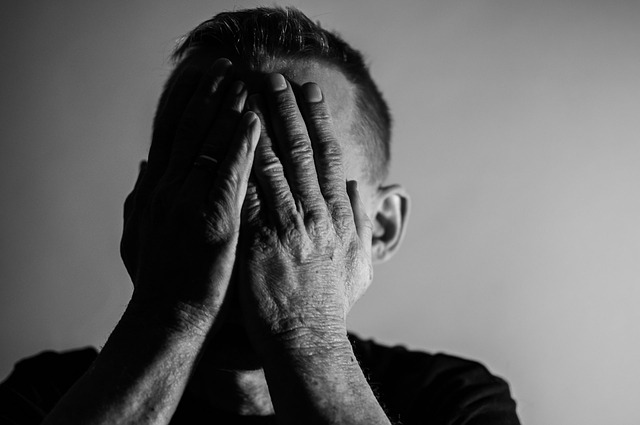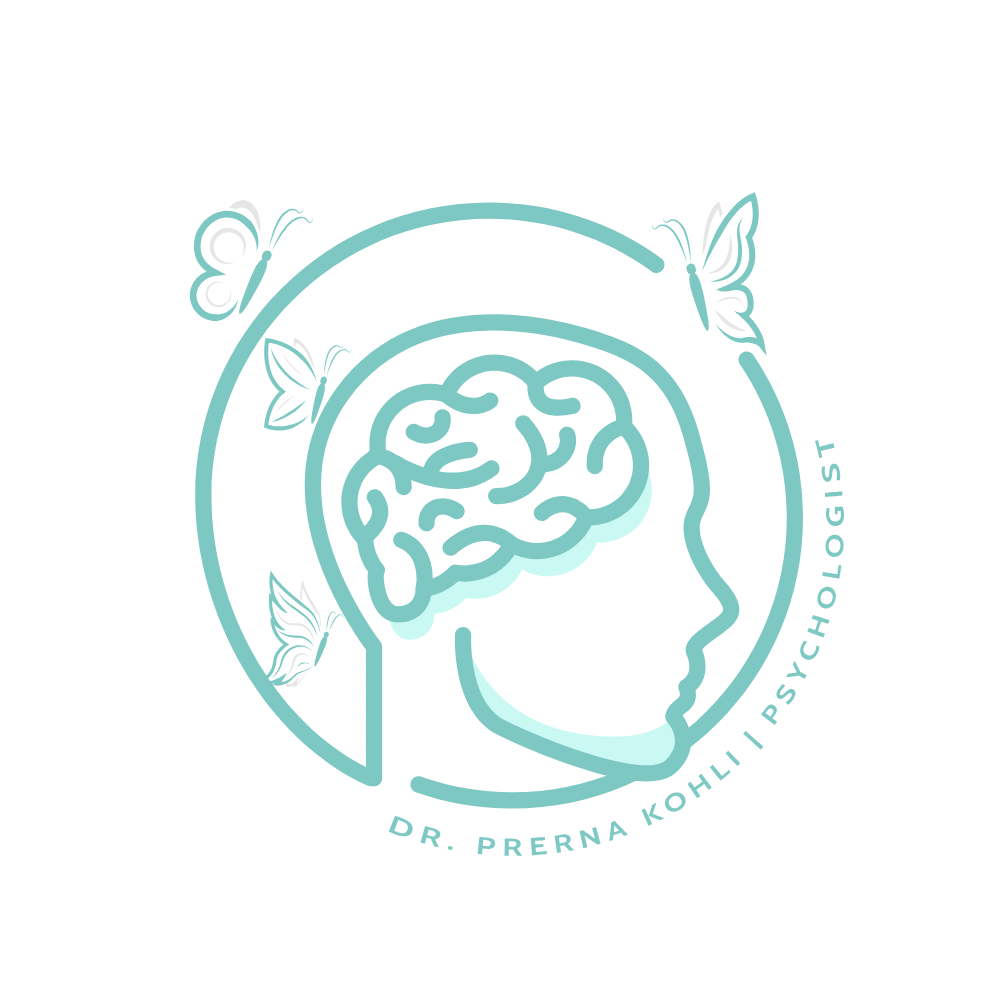Insomnia is a sleeping disorder that involves trouble with falling asleep or staying asleep. We all have days when we find it hard to fall asleep, or wake up sooner than we had planned on. This can happen due to several reasons such as being extremely stressed or physically exhausted. While this problem is known as transient insomnia as it is experienced for some time and does not have long-lasting negative impacts on one’s health and well-being, chronic insomnia is when one starts to have such nights at least three nights a week for over a period three months or more. Chronic insomnia can be a result of environmental, psychological and/or physical issues. Here we give you 7 Signs you have Insomnia.
Mentioned below are symptoms of insomnia –
- Trouble falling asleep.
- Difficulty staying asleep. Waking up in the midst of the night and then having trouble falling back asleep.
- Waking up early in morning.
- Not feeling fresh after sleeping (known as non-restorative sleep). Experiencing low energy or fatigue most of the time.
- Difficulty in concentrating, retaining or remembering information.

Dr Prerna Kohli India’s Top Psychologist Talks about 7 Signs you have Insomnia - Feeling irritable, acting impulsively or aggressively.
- Lack of muscle coordination, slowing down of reflexes, and headaches.
Identify signs of insomnia that you may have using the following tips –
- Assess how long it takes you to fall asleep.
- Monitor your sleep. If you wake up in the midst of the night, note down the time. See how many hour of continuous sleep you are getting.
- See if you don’t feel well-rested and refreshed after sleeping, or feel tired during the day.

Dr Prerna Kohli India’s Top Psychologist Talks about 7 Signs you have Insomnia - Monitor for mood changes. Make sure your insomnia is not the result of some other psychological disorder such as anxiety or depression.
As a result of these cognitive impairments, mood disturbances, and behavioral problems, one might face trouble not just at school or work, but also in one’s personal life. Other than affecting one’s productivity, insomnia can affect one’s relationships and enjoyment of life as well.
If left untreated, over time insomnia can have negative effects on one’s general overall health, making one more prone to illnesses such as heart diseases, obesity, diabetes and hypertension. If you too are experiencing chronic insomnia, then make sure you seek professional help.

